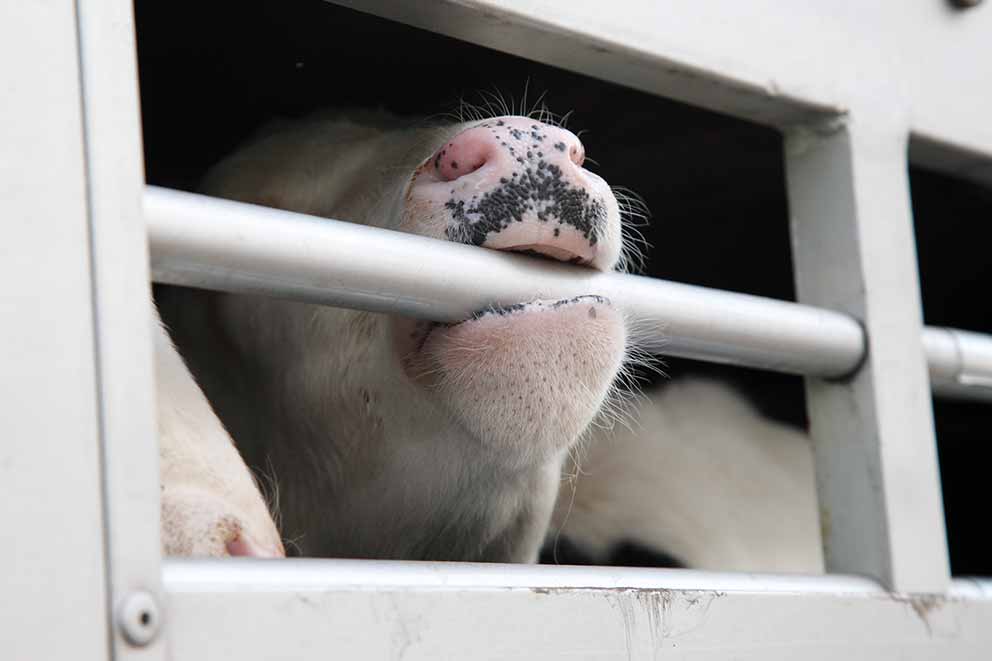Ethical review is an essential part of regulating the use of animals in research and testing. It includes a framework for deciding whether animal use can be justified for each project. It weighs up the potential benefits (e.g. for people, animals or the environment) against the likely harms to the animals used (e.g. pain, suffering and distress). It also examines whether animal use can be avoided or replaced and ensures that ethical issues are properly discussed and addressed.
Animal Welfare and Ethical Review Bodies
In UK law all establishments using, breeding or supplying animals for scientific procedures must have their own Animal Welfare and Ethical Review Body (AWERB). Ethical review is one of their tasks. Ideally, AWERBs include one or more independent (or ‘lay’) members who will ask more general questions from a public perspective. This provides additional challenges to common practice.
We were involved in developing AWERBs. Our staff sit on many of these bodies as expert independent members and provide guidance and training – there’s more on this below.
AWERBs are embedded in the culture of the establishment carrying out the research, and so have a ‘local’ perspective.
A good AWERB will include members with a range of different viewpoints, priorities and expertise. We believe that members who can champion the interests of animals are vitally important.
AWERBs promote animal welfare and the responsible use of animals in the laboratory environment by:
- Developing and promoting a good local culture of care
- Making sure that everyone using or looking after animals is properly trained, caring and competent
- Advising on replacing animals, reducing animal numbers and suffering, and improving welfare
- Identifying and discussing ethical issues relating to individual studies and animal use in general.
What are the benefits of ethical review?
When done well, ethical review takes into account specific animal-welfare, ethical and scientific issues, from the project design stage right through to publication. This improves science and accountability, as well as animal welfare.
Ethical review helps develop a ‘culture of care' in laboratories. A good culture of care not only benefits animals, but also scientific quality, staff morale and wellbeing, and openness with the wider community.
How does ethical review work?
The 3Rs (looking at whether animal use in research and testing can be replaced, reduced or refined) are part of ethical review, but there’s a lot more to it.
Harm-benefit analysis
This looks at whether the potential outcome and benefits of doing the experiment could justify the likely harms to the animals used. This is a matter of judgement, which is why it’s important to have a wide range of people taking part in the process. Here are examples of questions that may be asked.
- Within the research project, what will each animal’s experience be?
- What kinds of harm will be caused (e.g. discomfort, pain, psychological stress, sickness) to each animal and how much suffering will this cause?
- What might the realistic benefits be, and how will these be shared and promoted?
Wider ethical issues
A thorough ethical review won’t just consider how to make a scientific project less harmful. It should also look at wider ethical issues relating to social policy and how we live our lives. Questions asked could include the following:
- Is the proposed new medicine essential for patients, or could it be a ‘me too' drug (one that’s very similar to existing drugs with a few small differences)?
- Do we need to develop a drug at all for certain conditions or could they be ‘treated’ in a non-medical way – through social policy measures, for example?
- Do research groups liaise enough with clinicians and patient groups, to check whether the outcomes of each project would be wanted and needed?
What are we doing?
Each year we hold an AWERB lay members’ forum, which looks at specific issues and offers much-needed support and training to AWERB members. We aim to make sure they have the right skill sets needed to assess if projects are justifiable, humane and carefully considered. We encourage them to press establishments to go beyond the legal minimum standards and to question attitudes and practices.
We’re highly sought after as experts on ethical review, both nationally and internationally. We also provide training and advice to animal ethics committees, organise workshops and conferences, and give presentations on ethical review around the world. And we produce influential and widely used guidelines on ethical review.
We have more information on ethical review and what we do.




